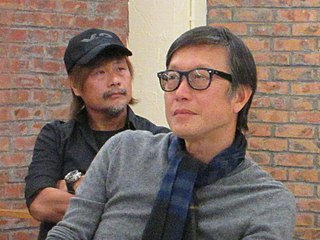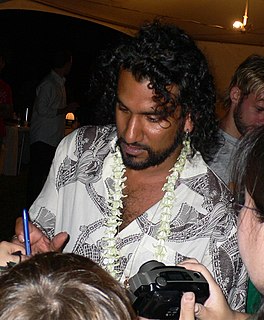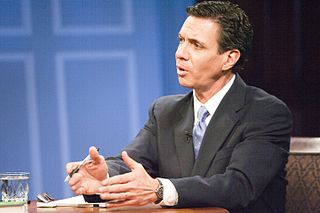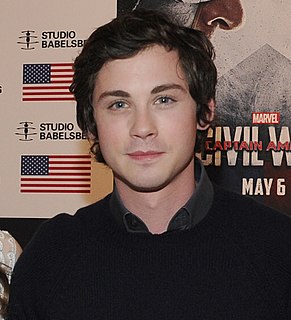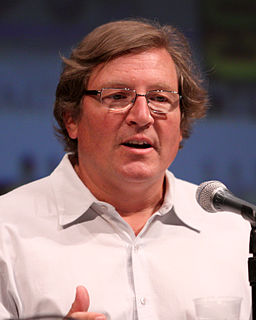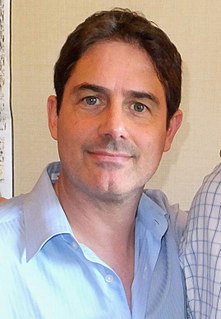A Quote by Andrew Lau
After making a movie, maybe you weren't able to shoot many of your ideas, because a movie is only 1 1/2 or two hours long, but TV gives you space to film a lot of things.
Related Quotes
It [TV] is the cancer of film. It's why people can't be educated to film. In the late '60s, we expected to see a movie or two every week and be stimulated, excited and inspired. And we did. Every week after week. Antonioni, Goddard, Truffaut - this endless list of people. And then comes television and home video. I know how to work exactly for the big screen, but it doesn't matter what I think about the art of movie-making versus TV.
In editing, you really face what the movie is. When you shoot it, you have this illusion that you're making the masterpieces that you're inspired by. But when you finally edit the movie, the movie is just a movie, so there is always a hint of disappointment, particularly when you see your first cut.
You're learning the whole time. Halfway through a movie, you've got a lot of ideas, a lot of things that maybe you've learned and that you then wish you could apply, but you can't. You just have to finish the movie in that world that you're in. Maybe what you've learned you can apply somewhere else.
Maybe if I'd gone in younger, I wouldn't have had that feeling, but I've seen an enormous amount of changes since the early-'70s in how this stuff is shot. I did the first TV movie ever shot in 18 days; before this film the normal length of shooting a TV movie was between 21 and 26 days. We shot a full-up, two-hour TV movie in 18 days with Donald Sutherland playing the lead, who had never worked on television before.
I think what's fun of making a Transformers movie is that it gets to be all of the above. I think, thematically, this movie is ... because of the third movie, you can ask questions in this movie you couldn't ask in the previous films. Like I was referring to the fact that they were abandoned by humans in the previous film; their attitude is different, so we've been able to tackle different themes.
I think one of the reasons 'Gremlins' lasts and some other films don't is because I don't think the movie has a whole lot of dated things - sure, the cars, my hair, and few things here and there that date the movie - but it takes place in a sort of everytown, in a sorta non-specific time, and that gives the movie a timeless quality.
All my cuts are always about three hours, at the start, mainly because any scene in the movie that's 90 seconds, I probably shot a five-minute version of. If you just extrapolate that through the whole movie, I have a very long version of every scene, usually because, if there's one funny joke, I'll shoot five because I don't know if the one I like is going to work. I'll get back-ups because my biggest fear is to be in previews, testing the movie, and a joke doesn't work, but I have no way to fix it because I have no other line.
When you making a piece of comedy entertainment, the audience is a big component there. You do have to end up getting rid of things that you love, but in the interest of making a movie that's not longer than two hours, and in the interest of when every joke hopefully is good enough, then everybody looks good. You cut things that you love, but ultimately it's for the greater good of making the whole movie better.
